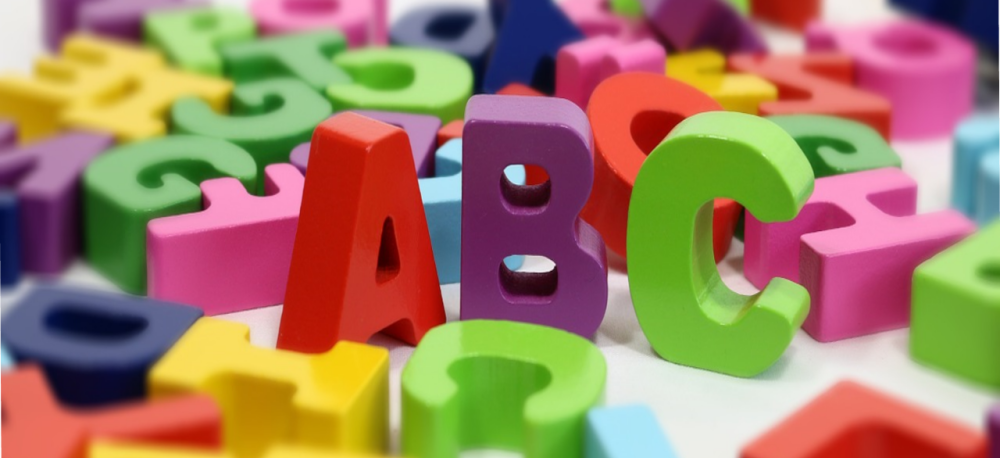When I was a child I can remember doing countless tedious spelling drills with my parents. So I understand how tedious it can be to practice spelling. To help you make spelling more enjoyable for your children, I will be sharing three activities that you can do with young children (probably 4-7 years old) to help them develop their spelling skills.
Beginning, Middle End
The first activity is called ‘Beginning, Middle End’ (NSW, 2020). You sing the following phrase with you children. “Beginning middle end; beginning, middle end. Where is the d in dog? Where is the d in dog? Lets find out. Lets find out.” The children then need to guess whether the d is in the beginning, middle or end of the word dog (obviously, you can ask them to identify other letters from dog or letters from other words). This activity is a good way for children to
identify letters and sounds in simple words to develop their spelling skills.
I SPY
The second activity is essentially I spy. You ask your children questions like ‘I spy with my little eye something ending with ight.’ Once they identify that you are referring to a light you can ask them good ‘what other words end in ight?’ such activities can help children to develop their knowledge of sound patterns that can assist them with their spelling.
Reading Activities
The third activity is simply reading to you children. Exposing your children to rich literature is a great way to allow them to develop word knowledge that can help them with their spelling. Read the text with them first without asking spelling questions to allow them to enjoy the literature. Upon rereads, draw their attention to unfamiliar words and sound out the words with them. I hope this blog has given you some ideas about how to support your child to develop their spalling. Have a great day.
Reference List
New South Wales Education Department. (2020). Retrieved from https://education.nsw.gov.au/teaching-and-learning/student-assessment/smart-teaching-strategies/literacy/language-conventions/stage-1/spelling/marking-sounds-in-words

